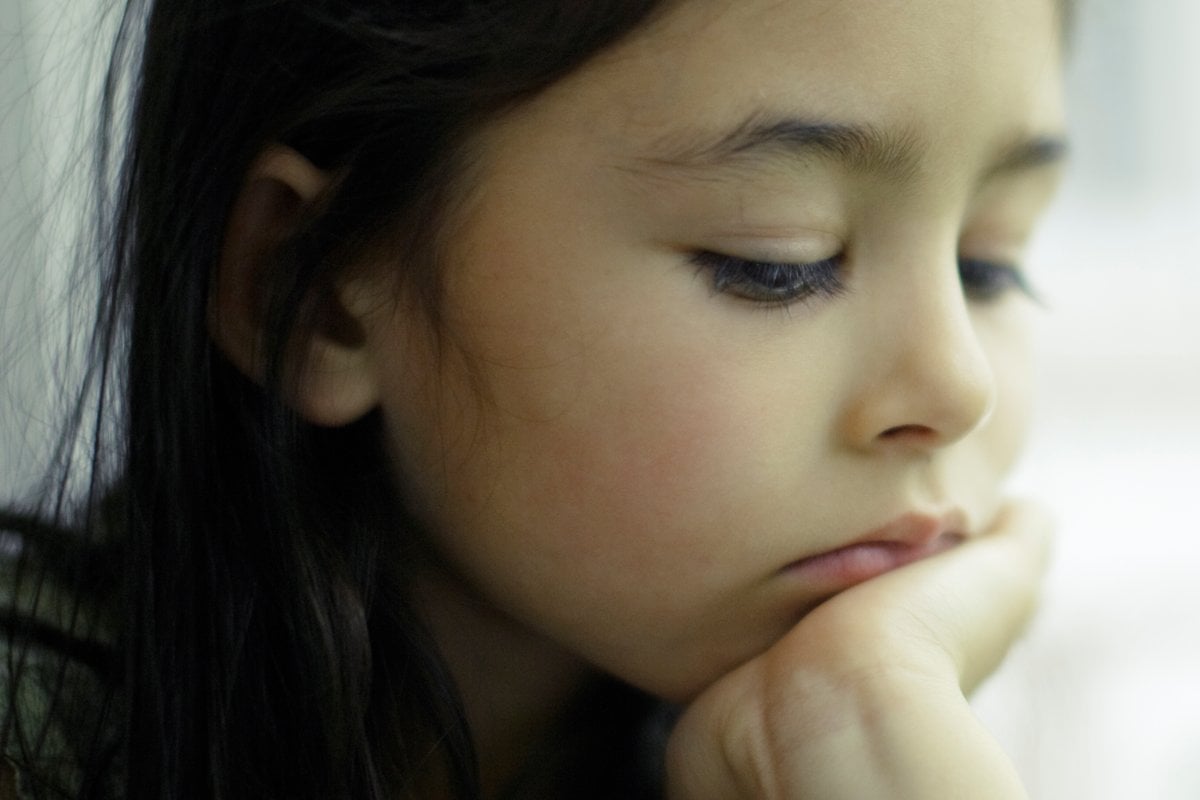
May is Domestic and Family Violence Prevention Month and at Mamamia, we're sharing women's stories of bravery and courage. If you have the means, please donate to RizeUp to help women and families move on after the devastation of domestic violence.
-Angelika Poulsen, Queensland University of Technology
Intimate partner violence is indisputably a crisis in Australia.
State and federal governments have invested heavily in family violence prevention.
However, one area of violence prevention has until now been overlooked. A growing body of research has found a consistent link between experiencing corporal punishment from a parent – in the form of smacking – as a type of violence, and those children going on to be involved in partner violence in adulthood.
Watch: Women and Violence, the hidden numbers. Post continues below.
I reviewed this literature, as well as the prevalence, frequency and severity of corporal punishment practices in Australia.
I found Australian policymakers have an opportunity to further strengthen partner violence prevention strategies by legislating against the legal defence of reasonable chastisement of children in the states and territories.
In other words, ban smacking.
While there is a strong link between being abused as a child and growing up to become involved in partner violence, smacking has historically been considered relatively innocuous.
However, emerging research has found smacking has a similar effect on a child’s brain to that of abuse, in that the stress and fear it provokes can cause changes to some neurotransmissions.

Top Comments
My mother used violence as discipline against me, she's apologised and told me she wished she done things differently. Maybe you could try the same with your kids. They'd probably appreciate it more than you know,